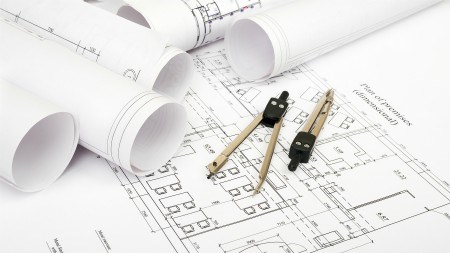The use of every privately owned property in South Africa is subject to certain control measures, which may restrict you from making the changes you would like to make to your new home.
If you are able to check the Title Deed before you buy a property, it may be beneficial in order to familiarise yourself with any restrictive conditions on the property.
These control measures are governed by:
Common Law and Statutory Law
Common Law is the law that applies if the parties to a contract have not reached an agreement on a specific legal issue in their contract, or if legislation does not specifically deal with a matter. Statutory Law is the written law of the country which is enacted by parliament.
Guide/General Plans
These plans show how a town is laid out, i.e. residential-, commercial- and industrial development areas, open spaces, recreational areas and so on. A property may not be used for purposes conflicting with this guide plan. An example of such a guide plan is the "Greater Pretoria Guide Plan". One can also refer to the Spatial Development Framework.
Structure/Development Plans
These local authority plans lay down certain rules pertaining to where, for example, shops may be built or where the area may be developed for residential use.
There may also be restrictions regarding the sale of a property. An example is where parents have stipulated in their will, that the property they left to their son/daughter may not be sold until he/she reaches a certain age. This type of information is registered against the Title Deed.
Restrictive Conditions Contained in a Title Deed of a Property
The aim of imposing restrictive conditions is to create a property or neighbourhood with specific characteristics, appealing to certain types of inhabitants.
Examples of such restrictions are:
- The property may not be sub-divided;
- The buildings may not be higher than 2 stories;
- The property may not be used for business purposes;
- Only 50% of the erf may be covered;
- All exterior walls must be white or have a certain type of roof and so on.
Town Planning Schemes
This document is created for the general welfare and convenience of the community and the attractiveness of the environment. The Town planning scheme consists of a scheme map and scheme clauses. The map shows the Zoning of the land, which must be read in conjunction with the clauses. Each local authority has its own town-planning scheme, which is available for public viewing.
Development controls contained in a town plan:
- The Use Zones: controls what may be built on a property and what it may be used for.
- Density Zones: the minimum erf (stand) size required for a home as well as the number of Dwellings that may be erected on the property.
- Floor Area Ratio: the total floor space that may be utilised for building (total space covered by all stories and out-buildings) may not exceed a certain size.
- Height: the number of stories you can build.
- Coverage: the portion of your stand that may be covered by building (from an aerial photograph).
- Building Restriction Areas: the distance from your property boundaries that may not be built on.
- Parking: a stipulation of the number of parking bays allowed (normally applicable to flats and townhouses).
Lifting of Restrictions
When there is a restriction on the Title Deed of a property you intend to buy, that you would like to be lifted, it is essential that you stipulate in the Offer to Purchase agreement that the sale of the property is subject to this restrictive condition being lifted. A restriction can be lifted by applying to the High Court for an order authorising the lifting, if there is a good enough reason in the eyes of the High Court.
This article originally appeared in Property Power 11th Edition Magazine. To order your copy at the discounted price of R120 click here.



